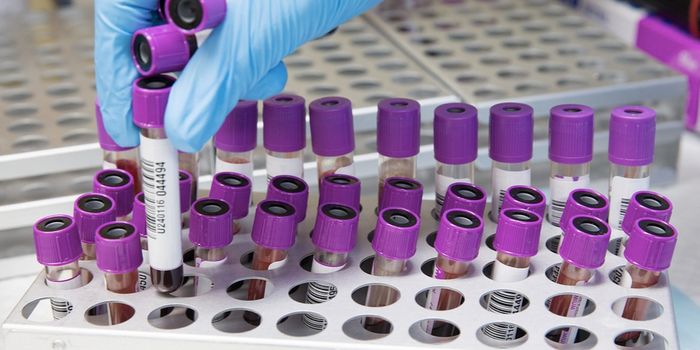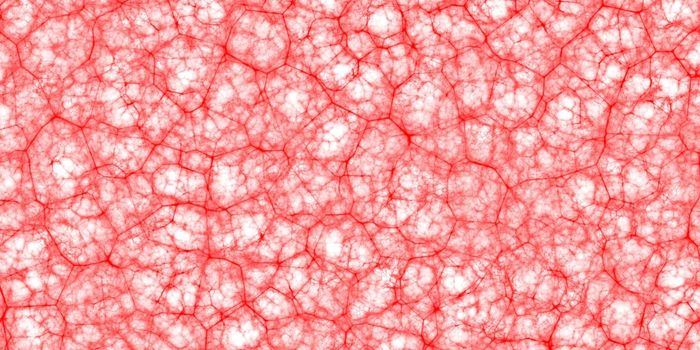Using deep learning to find the patterns of cancer
Research published recently in the journal Life Science Alliance uses deep learning to analyze genomic data from colorectal tumors to ameliorate diagnosis accuracy. Because colorectal tumors come in so many different forms, accurately diagnosing them can be a challenge; this can then impact the accuracy of subsequent information provided to patients regarding survival rates and treatment options. The recent research was conducted by scientists at the Max Delbrück Center for Molecular Medicine in the Helmholtz Association.
"Disease is much more complex than just one gene," explains Altuna Akalin, bioinformatics scientist who leads the Bioinformatics Platform research group at MDC's Berlin Institute of Medical Systems Biology (BIMSB). "To appreciate the complexity, we have to use some kind of machine learning to really make use of all the data."
The machine learning that Akalin and first author Jonathan Ronen designed to handle the complexity of gene expression is called the Multi-omics Autoencoder Integration platform, nicknamed "maui". Maui is capable of analyzing genetic material, gene expression, single point mutations and DNA copy-numbers in order to identify gene sets or pathways that lead to colorectal cancer.
In testing maui, the researchers found that it was correctly able to identify patterns that we already know to be related to the four subtypes of colorectal cancer. This verifies the system’s ability to manage large amounts of information. "Data science can handle complex data that is hard to handle other ways and makes sense of it," Akalin explained. "You can feed it everything you have on the tumors and it finds meaningful patterns."
Maui was also able to discern 100 patterns within three minutes – a fraction of the time that similar systems require. Additionally, maui was more accurate than other systems. "It is able to learn orders of magnitude more latent factors, at a fraction of the computation time," commented Ronen.
Akalin and Ronen say that this deep learning platform could be used to detect and categorize cancerous colorectal tumors, as well as help improve predictions on responses to certain treatments. "Think of this like a search engine," Akalin exclaimed. That is, of course, after it has been approved in clinical trials, which is still some ways in off. However, once it arrives, the researchers say there is potential to modify maui to be used with other kinds of cancer in addition to colorectal tumors.
Sources: Life Science Alliance, Science Daily








